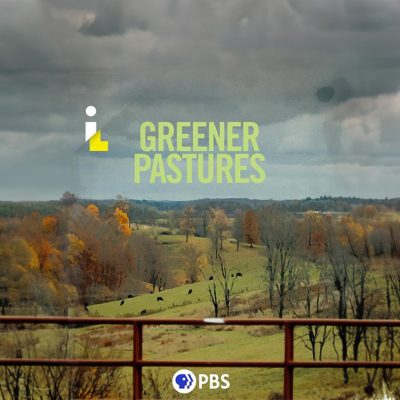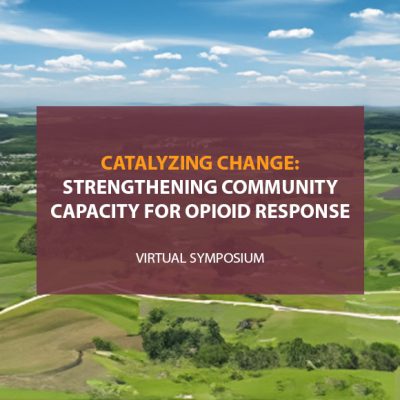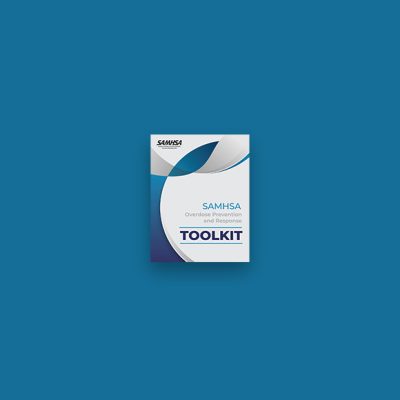
Please join SAMHSA for an exclusive opportunity! Watch the film Greener Pastures then meet film subjects and experts in the field of mental health.

Community Reinforcement Approach (CRA): is a comprehensive behavioral program for treating persons with substance use disorders. It is based on the belief that environmental contingencies play a powerful role in encouraging or discouraging drinking or drug use. Consequently, it utilizes social, recreational, familial, and vocational reinforcers to assist consumers in the recovery process. The goal of
CRA is to make a sober lifestyle more rewarding than the use of substances.

Join the Florida State University College of Social Work; Stoops Center for Communities, Families and Children; Southeast Rural Opioid Technical Assistance Regional Center; and, Substance Abuse and Mental Health Services Administration for an innovative, 3D virtual conference on Catalyzing Change: Strengthening Community Capacity for Opioid Response

SAMHSA’s updated Overdose Prevention and Response Toolkit provides guidance to a wide range of individuals on preventing and responding to an overdose.

NIH-supported findings suggest the need to expand definitions of addiction treatment success beyond abstinence.

More than 50,000 Americans took their own lives in 2023, the nation’s highest yearly rate of suicide on record. Farmers are 3.5 times more likely to die by suicide than the general population, according to the National Rural Health Association.